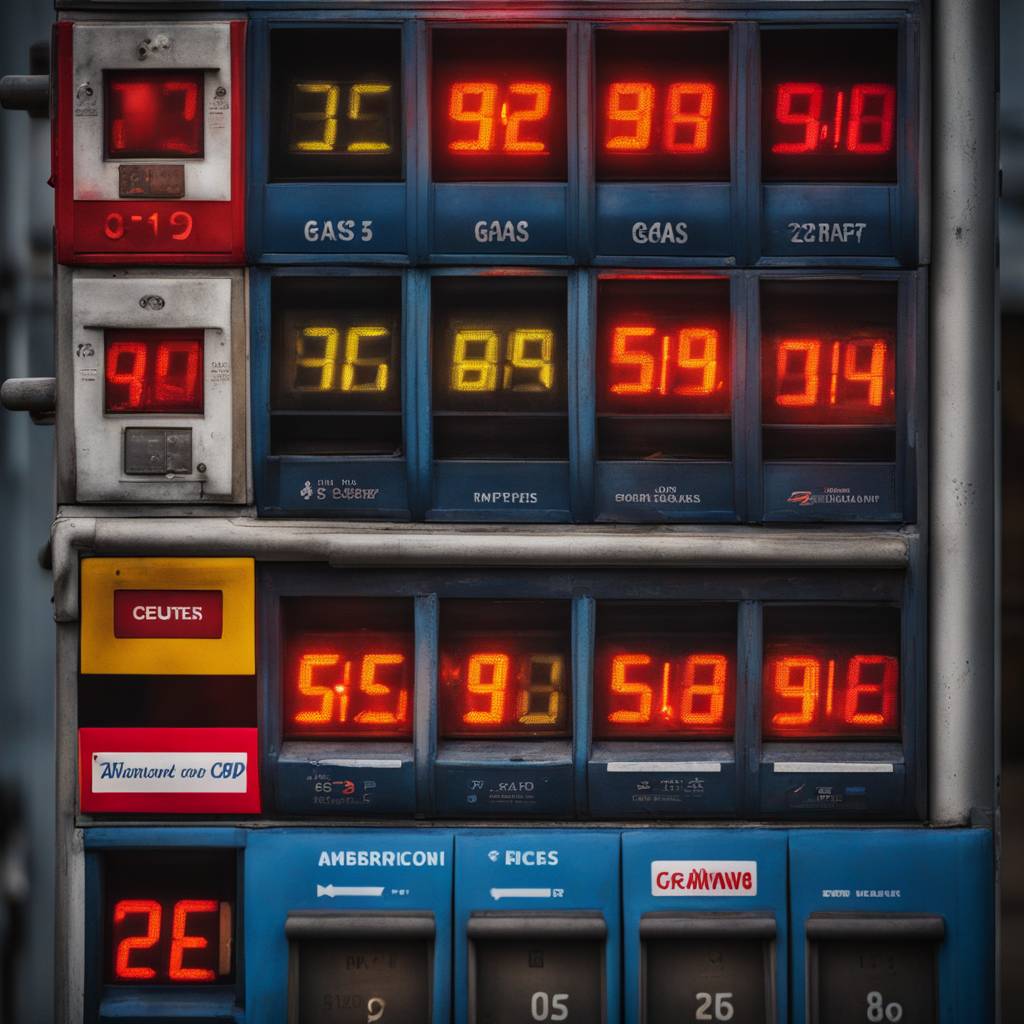Gas prices in Metro Vancouver have been steadily increasing, causing frustration among drivers. Prices recently jumped five cents overnight, with most gas stations now charging between $2.04 and $2.12 per litre. Experts attribute this increase to the rising global price of oil, despite the Parkland Refinery in Burnaby being back in operation. Dan McTeague of Canadians for Affordable Energy explains that the price per barrel of oil has increased by about 12 cents, along with supply issues in the Pacific Northwest and the switch to summer blends of gasoline.
The recent increase in carbon taxes, adding 3.5 cents per litre, has also contributed to the rising gas prices in Metro Vancouver. McTeague predicts that prices will continue to climb as we head into the summer months, potentially reaching as high as $2.30 per litre by late spring. This trend is expected to continue unless there are significant changes in the global oil market or local regulatory landscape. As a result, drivers in Metro Vancouver may need to brace for even higher gas prices in the near future.
The impact of increasing gas prices extends beyond just the cost at the pump. Higher prices can have a ripple effect on the overall economy, affecting everything from transportation costs to consumer spending habits. As gas prices continue to rise, businesses may need to adjust their pricing strategies or pass on the increased costs to consumers. This can lead to inflationary pressures and potentially impact the purchasing power of households, especially those already facing financial constraints.
In response to the rising gas prices, some drivers in Metro Vancouver may consider alternative transportation options or adjusting their driving habits to mitigate the impact on their budgets. Carpooling, using public transit, or exploring electric vehicle options are some ways individuals can reduce their reliance on gasoline and lower their overall transportation costs. However, these solutions may not be feasible for everyone, especially those living in areas with limited public transportation options.
The future of gas prices in Metro Vancouver remains uncertain, as it is influenced by a complex interplay of global oil market dynamics, local supply issues, and government policies. While efforts to reduce carbon emissions and transition to cleaner energy sources are essential for environmental sustainability, they can also lead to short-term challenges for consumers facing higher gas prices. Finding a balance between environmental goals and affordability for consumers will be crucial in navigating the evolving energy landscape in Metro Vancouver and beyond.
Overall, the continued rise in gas prices in Metro Vancouver highlights the interconnected nature of the energy market, consumer behavior, and government policies. As drivers grapple with higher costs at the pump, there is a need for informed decision-making, long-term planning, and collaborative efforts to address the challenges posed by volatile gas prices. By staying informed, exploring alternative transportation options, and advocating for policy changes, individuals can better navigate the uncertainties of the energy market and adapt to a rapidly changing landscape.













